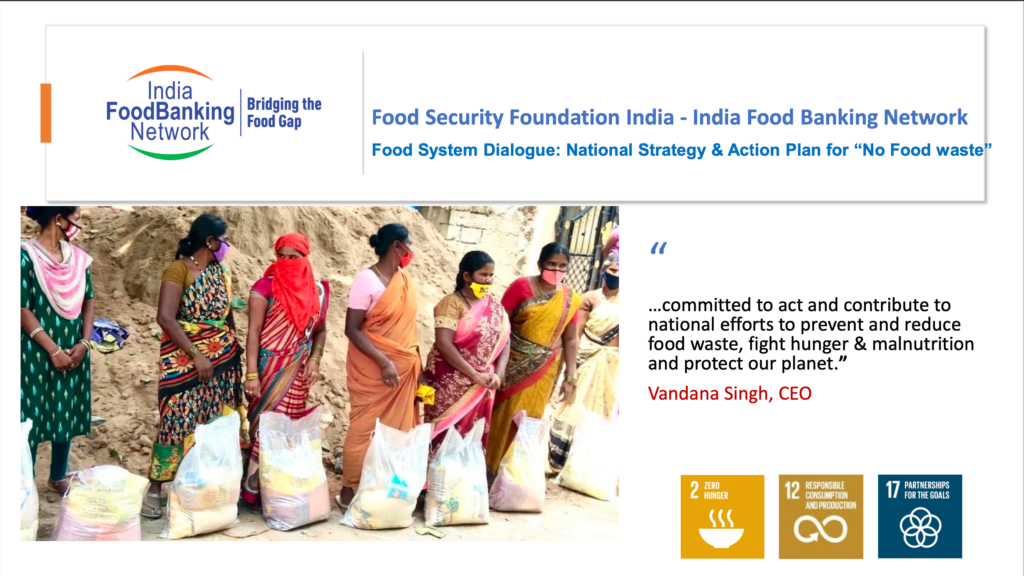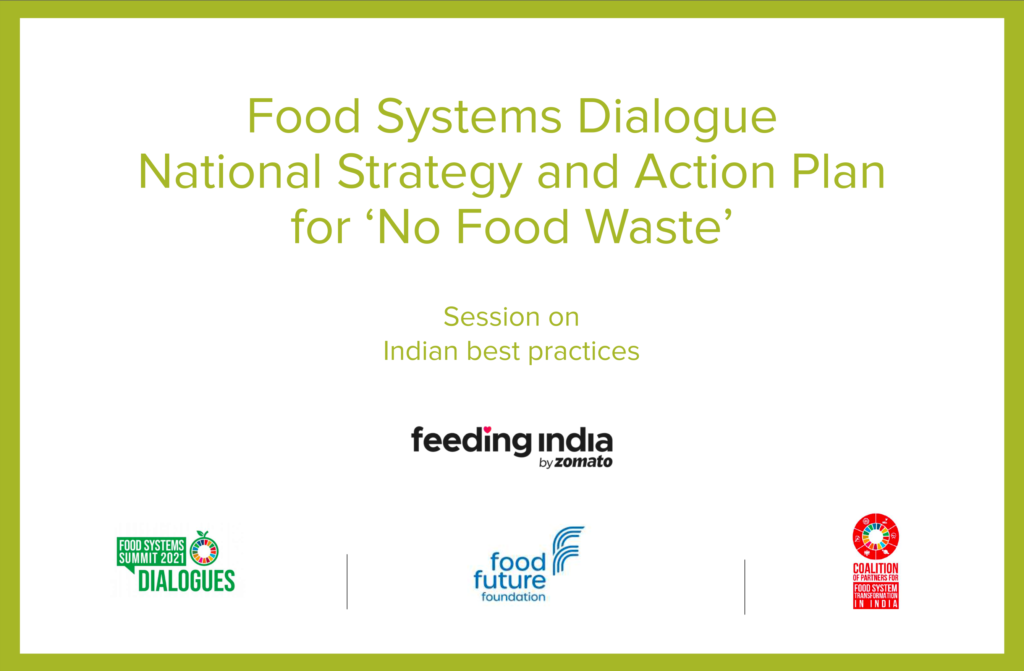Reduce Food Waste
One third of all the food we produce goes uneaten, with major negative impacts on nature, global hunger and the economy. Huge amount of food is wastes at the point of consumption at home or in retail. Unclear labelling, portion sizes which are too big and simply not eating everything before it goes off all contribute. Most uneaten food ends up in landfills, where it rots and releases greenhouse gas emissions. Wasted food contributes approximately eight percent of all global emissions. If we all shopped, cooked and ate smarter we could avoid wasting food. Combining that with actions along supply chains, like increasing efficiency or improving storage, would mean we had more than enough food to feed a growing population. While food loss occurs before the food reaches the consumer, food waste is when food is sold to the consumer or at their homes.

Food loss and food waste are not only the key reasons for food insecurity but also big sources of greenhouse gas emissions. Sustainable Development Goal 12.3, therefore, aims to halve food waste and reduce food loss by 2030. We, therefore, need to see that food does not go to the landfills to avoid the release of greenhouse gas emissions, instead redirect any edible food to the hungry, and use the scraps for animal feed or composting.
Estimates of Food Waste
One of the most important things is for food loss and waste measurement to be institutionalized across food systems. Presently, too few farmers, businesses, or consumers understand exactly how much food they are throwing away, or which foods are going uneaten.
In a recent report, the United Nations Environment Programme (UNEP) estimated that food waste from households, retail establishments, and the food-service industry totals 931 million tonnes each year globally (Food Waste Index Report). A large proportion of this waste (nearly 570 million tonnes) occurs at the household level.
Given the importance of reducing food waste, the Food Future Foundation has taken up a study to estimate food waste at the household level in 12 cities in the country. This work has been taken up in partnership with CII-FACE with the financial support of Hindustan Unilever. The study has been carried out by IPSOS, a reputed market research company.
Partners


Study conducted by

Policy & Regulation in India
An important issue related to food waste is the donation of surplus food. In most countries around the world, food donation laws and policies are vague or non-existent. Fortunately, India’s Food Safety and Standards Authority have regulations for food recovery (Food Safety and Standards (Recovery of Surplus Food) Regulations, 2018). In order to make Indian laws best in class to support the donation of surplus, there is a need to review date labelling and liability protection regulations. The Food Future Foundation would work with Harvard Law School Food Law and Policy Clinic (FLPC) and stakeholders in India for a review of these regulations.
Good Practices to Reduce Food Waste and Promote Donation
Countries that have seen the highest reductions in food waste, like the UK and Denmark, have created partnerships between governments and private sector food businesses that have a shared commitment to Sustainable Development Goal 12.3, on halving food loss and waste. In this context, the Food Future Foundation organised a National Level Dialogue on 8 September 2021 on ‘National Strategy and Action for ‘No Food Waste. Some of the global best practices and several Indian case studies were presented in this dialogue.
What you can do to reduce food waste:
There are several simple things that you can do to reduce food waste. These are –
- Make a shopping list and meal plan before you go food shopping
- Don’t go food shopping on an empty stomach and avoid impulse buys
- Freeze and label any leftovers – and make sure you eat them!
- Only take what you need from a buffet in a hotel or restaurant
- Ask for a doggie bag to take home any of your leftovers from a restaurant
- Ask supermarkets and restaurants if they have food donation programmes – suggest they start one if they don’t!

